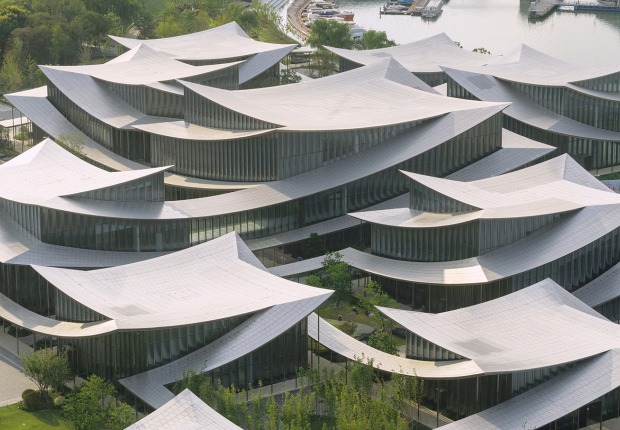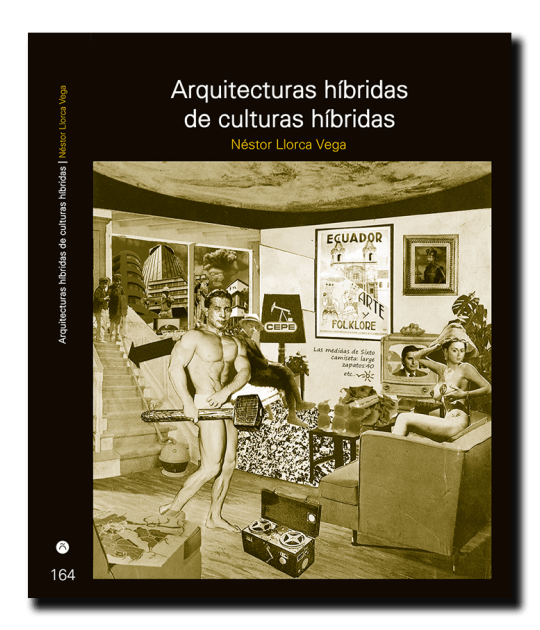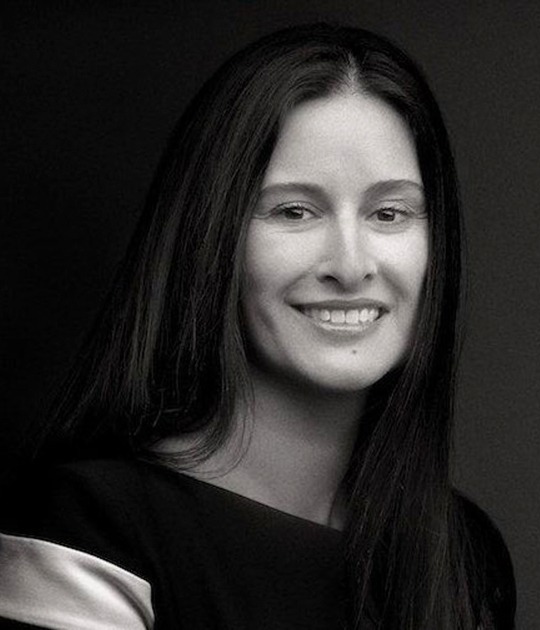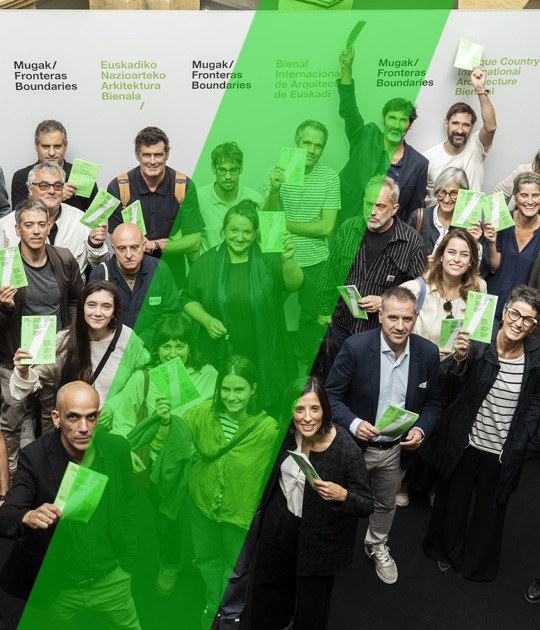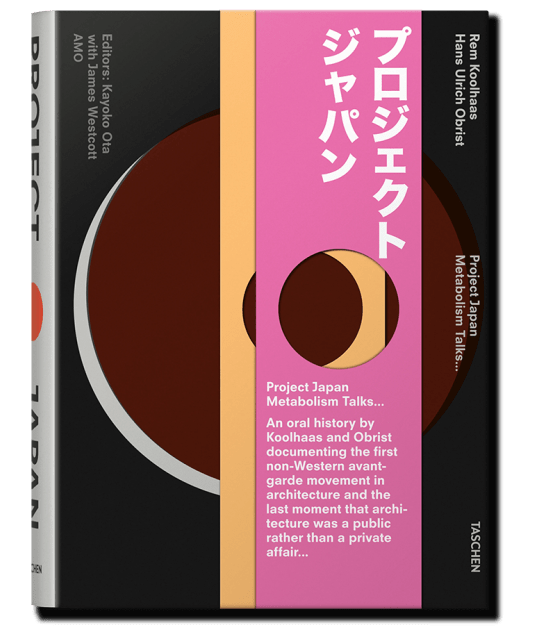Ganvie's unusual environmental infrastructure is one of more than 100 "nature-based technologies" collected in a new book that explores the ways indigenous wisdom can combat the high-tech approach to design and fighting climate change.
Ganvie is a town in the West African republic of Benin that rises out of the surface of a lake.
The sprawling grid that surrounds its clustered houses and public buildings is not filled with the typical urban asphalt parking lots and concrete mini-malls, but artificial reefs that operate as nurseries for fish and pens for indigenous aquaculture.
Throughout its more than 400 pages, the book "Lo-TEK Design by Radical Indigenism" describes cities, buildings and infrastructure from 20 countries, including Peru, the Philippines, Tanzania, Kenya, Iran, Iraq, India, and Indonesia, about how to tackle more sustainable technology and design, the world's best examples derived from "Traditional Ecological Knowledge" (TEK): techniques and technologies developed and incubated in indigenous societies.
The book is a cumulative body of multigenerational knowledge, practices, and beliefs, countering the idea that indigenous innovation is primitive and exists isolated from technology. It is sophisticated and designed to sustainably work with complex ecosystems.
Ganvie is a town in the West African republic of Benin that rises out of the surface of a lake.
The sprawling grid that surrounds its clustered houses and public buildings is not filled with the typical urban asphalt parking lots and concrete mini-malls, but artificial reefs that operate as nurseries for fish and pens for indigenous aquaculture.
Throughout its more than 400 pages, the book "Lo-TEK Design by Radical Indigenism" describes cities, buildings and infrastructure from 20 countries, including Peru, the Philippines, Tanzania, Kenya, Iran, Iraq, India, and Indonesia, about how to tackle more sustainable technology and design, the world's best examples derived from "Traditional Ecological Knowledge" (TEK): techniques and technologies developed and incubated in indigenous societies.
The book is a cumulative body of multigenerational knowledge, practices, and beliefs, countering the idea that indigenous innovation is primitive and exists isolated from technology. It is sophisticated and designed to sustainably work with complex ecosystems.
"I think the central theme of the book is really questioning what we think of as technology and saying nature can be adapted and form a technology that we can apply to the way that we live in this world," said Julia Watson, co-founder of “A Future Studio,” who teaches at Harvard's Graduate School of Design and Columbia University. "All of them have been born out of people living in their environment, using what we call, in ecological sciences, 'symbiosis' as a fundamental process to which they build and live."
The editor and author
Academic and author Julia Watson is the Principal and Founder of Julia Watson Studio, an experiential, landscape, and urban design studio, as well as a Director and Co-Founder of ‘A Future Studio’, a collective of conscious designers with an ethos towards global ecological change. She teaches Urban Design at Harvard and Columbia University. After graduating from Harvard with the highest award for her work on conservation and spiritual landscapes, she has been published in Nakhara Journal, Water Urbanisms East, World Heritage Sites and Living Culture of Indonesia, and co-authored the Spiritual Guide to Bali’s UNESCO World Heritage with Dr. J. Stephen Lansing.
The designers
Piera Wolf and Claudine Eriksson are W—E studio, a multidisciplinary creative studio based in Zürich and New York that strives to bridge time and space between these constantly evolving and contrasting cities. Piera and Claudine have individually been recognized by publications and organizations including The New York Times, Dazed Digital, Rolling Stone, Slanted, and many more. Talks, teaching, and workshop engagements include the New York School of Visual Arts, HTW Berlin, Google Creative Lab, and the Zürich University of the Arts.
















